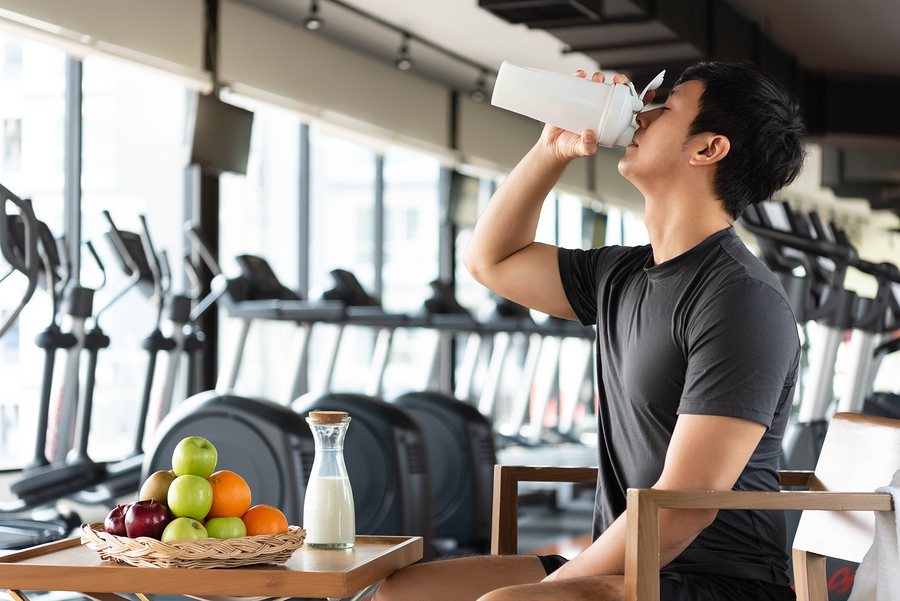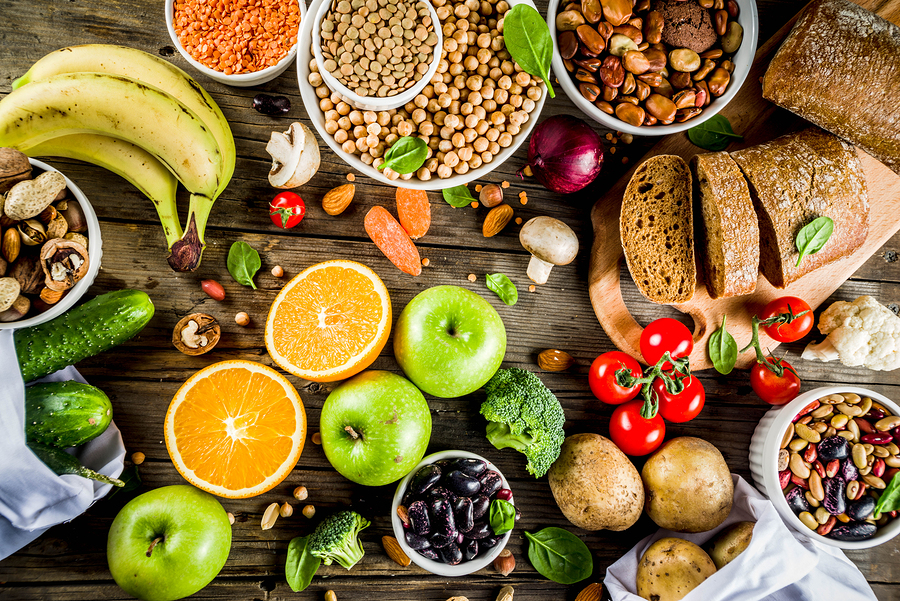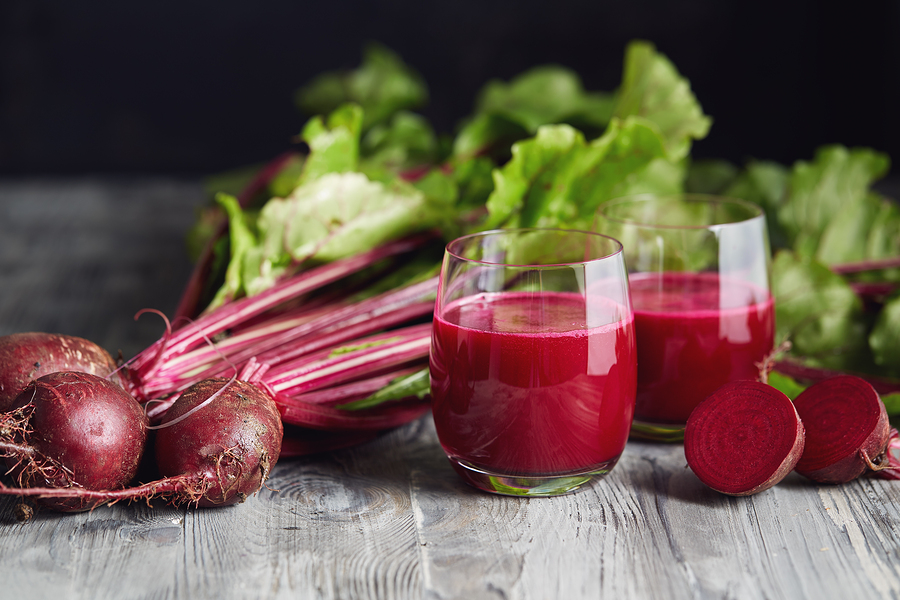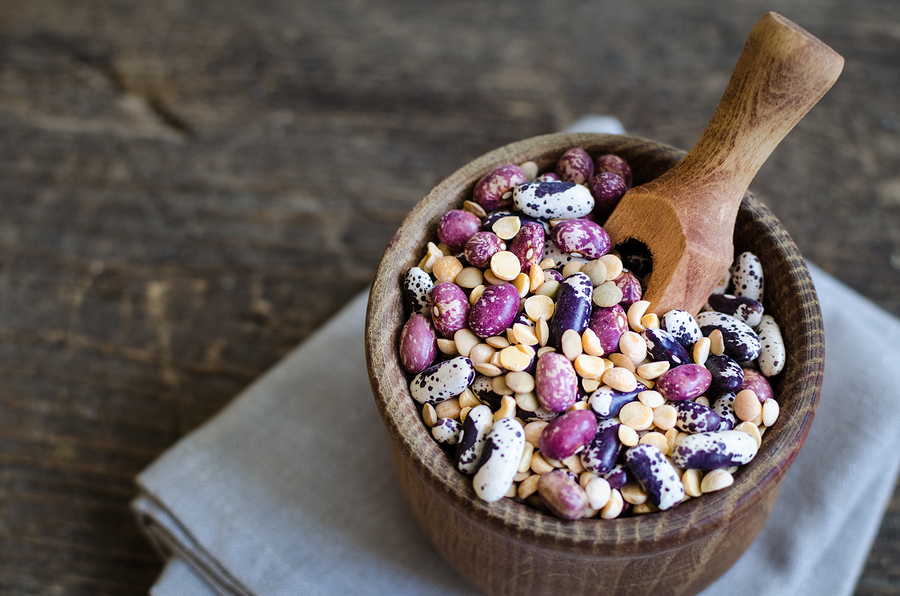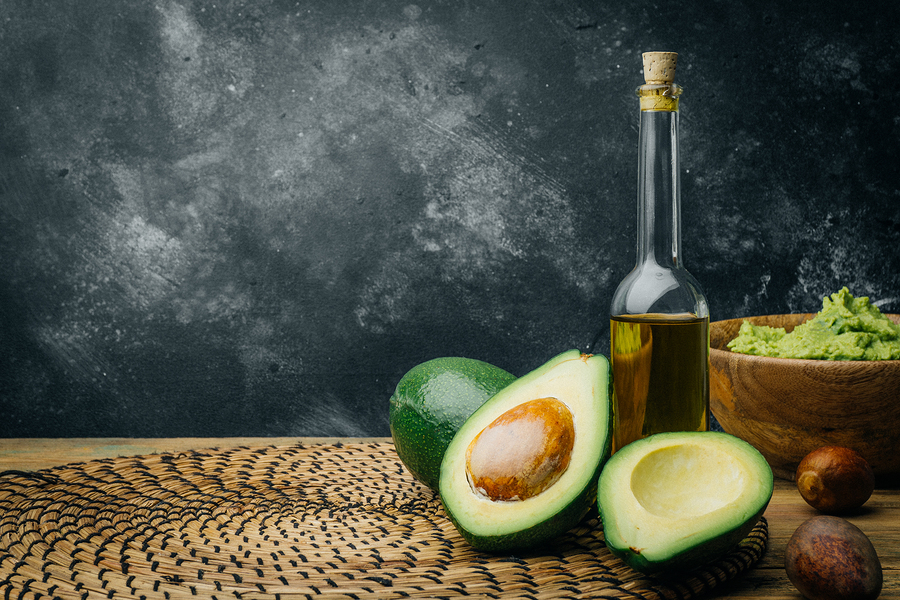At Onto Orthopedics we treat a wide range of people from all walks of life. However, there are certain groups of people who are more likely to require our services than others.
Athletes and other people who participate in sports are often unfortunately at a higher risk of injury due to the nature of the activities that they engage in! There are several ways that an athlete can work to prevent their body from injury, and to limit the impact of accidents when they do occur. This is largely through strengthening the body so that it is best prepared to deal with such incidents.
When considering how an athlete can protect their bodies as well as enhance their performance, it is essential that they look to their diet. Nutrition plays a huge role in how well the body functions, and without a healthy diet it is impossible for the body to be at its best.
If you are someone who exercises often but does not necessarily consider themselves to be an athlete, then it is still important that you eat to fuel your body, and also to help it to recover after a workout. This is largely because your body uses up much more energy when you are exercising, as opposed to when you are just going through your regular day to day activities.
Some people of course use exercise as a way to lose weight, and therefore may not want to increase the amount of food that they are eating. However, eating the right foods, even in larger amounts than you usually would when not exercising, can still actually support your weight loss efforts as well and aid your ongoing performance.
Today we are going to look at some nutrition basics that can help you to maximise your performance and ease you through the recovery period.
A Healthy Diet for Exercise
When you are regularly engaging in exercise then it becomes all the more important that your diet is balanced and varied. Your diet should include an ample amount of carbohydrates, fruit and vegetables, and protein. It should also include a moderate amount of healthy fats and it is also extra important to stay well hydrated!
Read on to learn more about carbohydrates, fruit, vegetables, protein and healthy fats!
Carbohydrates
The most important role that carbohydrates play in our diet is to provide energy for the body. When carbohydrates enter the body they are broken down into glucose, which is then readily availble for the body to use as energy.
The body is able to store carbohydrates in the body as glycogen, and this storage takes place in the muscles and the liver. These glycogen stores are limited, which means that they can become depleted during exercise. In order to enhance exercise performance, it is a good idea to top up your glycogen stores, and therefore slow the onset of fatigue.
Regularly consuming carbohydrates is important for keeping glycogen stores topped up. Good choices for doing so are oats, pasta, couscous, starchy vegetables, beans and pulses. It is also possible to use carbohydrate based energy gels during exercise to top up your glycogen stores on the go!
Fruit and Vegetables
The importance of fruits and vegetables in a diet designed to increase sports performance is often overlooked. Fruits and vegetables contain an abundance of nutrients, many of which can’t be synthesised by the body itself.
When the body is lacking in these nutrients then it can be difficult to remain energised and focused. Putting the body through the intense paces of regular physical activty can of course take its toll, and eating to support the immune system therefore becomes more important. The various vitamins and minerals contained in fruits and vegetables work to boost the immune system, helping to keep illness and infection at bay.
If you find it difficult to consume an adequate amount of fruits and vegetables throughout each day, then you may wish to look into alternative methods of doing so, such as juices and smoothies.
Protein
The main function of protein in the body is to enable the maintenance, repair and growth of the cells and tissue.
Proteins are made up of amino acids, and different foods have different combinations of amino acids. There are two different types of amino acids, which are essential amino acids and non-essential amino acids. The distinction betwee the two is that the body is unable to produce essential amino acids by itself, whereas it is able to produce non-essential amino acids. The body needs the full rnage of amino acids in order to maintain optimum health and this is especially important when exercise is regularly taking place.
It is generally required that the average person consumes 0.8g of proten per kg of bodyweight. However, when a person is engaging in exercise often then they should increase this amount to between 1.2g to 1.7g of protein per kg of bodyweight. This will help to repair damage caused in the body by exercise, as well as helping the body to build muscles and become stronger.
Good clean protein choices are nuts, seeds, beans, legumes, and tofu!
Healthy Fats
With the prominence of carbohydrates and protein dominating how we generally think about exercise nutrition, healthy fats may not be given as much thought. Similarly, the idea that all fats are bad is a common misconception, which may cause people to avoid all kinds of fat – even the healthy ones!
The truth is that your body needs an ample amount of healthy fat in the diet, and there are several delicious and simple options to choose from! Although carbohydrates provide the energy required for both short duration and low intensity exercise, the body will need a store of fat to call upon when finding the fuel for longer workouts and more intense workouts.
Omega-3 and Omega-6 fatty acids are the healthy fats that are most required by the body in order to function well. In fact, at least 15% of your total calorific intake for each day should come from healthy fats. Omega-3 and Omega-6 will help to keep your hormones in balance and also help to combat inflammation in the body, which is something that you will naturally experience when you are engaging in physical activity regularly.
Good foods to choose from when you are seeking out healthy fats are flaxseeds, tofu, soybeans, avocado, olive oil, dark chocolate and all of the different kinds of nuts!
Fitness for Physical Health
When you eat to enhance your sports performance and fuel your workouts then you may quickly start to see progressions in your workout routine. You may also begin to feel healthier, happier and stronger! However, do keep in mind that the potential for injury always exists when you are doing anything physical.
At Onto Orthopedics we consider sports injuries to be one of our specialities, and you can reach out to us for a consultation and speedy diagnosis!
References
1. https://healthyeating.sfgate.com
2.https://www.healthline.com/nutrition/10-super-healthy-high-fat-foods
Related Posts
Cigarettes May Inhibit Inflammation Treatments
Axial spondyloarthritis, also known as AxSpa, is a chronic…




